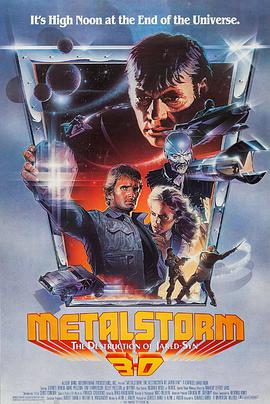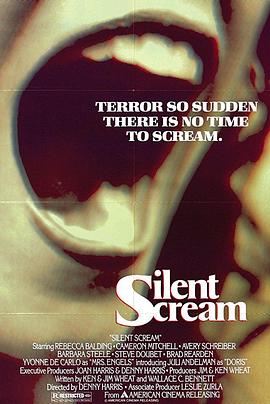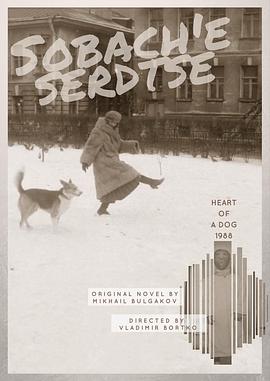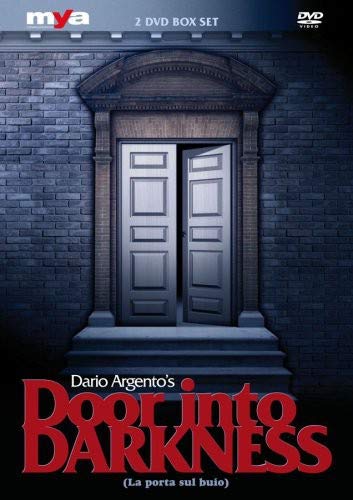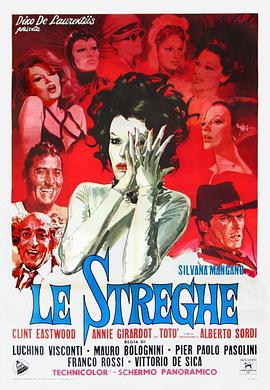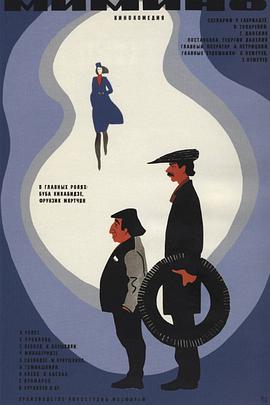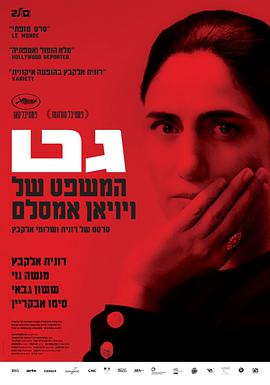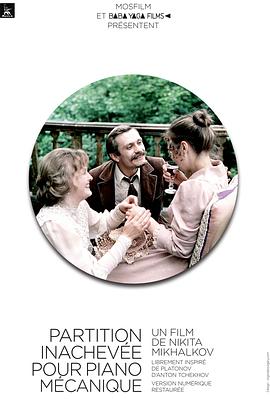-
备注:已完结
类型:爱情片
主演:杰拉尔丁·维斯瓦纳坦 戴克·蒙哥马利 乌特卡什·安邦德卡尔 莫莉·戈登
导演:纳塔利·克林斯基
语言:
年代:未知
简介:故事讲述露西天生就是一名收藏家,她与男友分手,而男友是惠特尼博物馆的老板。露西不知道该把恋爱时的物品放在哪里,于是她在一家陌生酒店的大厅中策划了心碎画廊,在那里她找到了自己的声音,并学会了放手去爱。
-
备注:已完结
类型:科幻片
主演:叶甫根尼·耶夫斯基格涅耶夫 Vladimir Tolokonnikov
导演:弗拉基米尔·博尔特科
语言:其它
年代:未知
简介:米哈伊尔·阿法纳西耶维奇·布尔加科夫1891年生于基辅,1940年逝世于莫斯科。世界文坛称他是一位思想深邃、以大无畏精神向一切邪恶挑战的文学大师。其代表作《狗心》、《白卫军》、《大师和玛格丽特》等曾被苏联当局查禁没收,或“默杀”。作家死后恢复名誉、苏联文坛两度掀起“布尔加科夫热”。现在他的作品进入现代经典之列,被誉为20世纪最伟大的文学珍品之一。 《狗心》作于一九二五年初,在文学圈子里获得一致好评,人们发现它确实尖锐地抨击了现实,但它抨击的是现实中的粗野、愚昧和荒廖。小说写一条狗因为做了人的脑垂体移植手术,突然成了有人外表的流氓,致使流氓习气随着脑垂体分泌的激素,渗入了取名沙里科夫的实验室怪物的每个细胞。沙里科夫的可怕不公在于他身上那些流氓无产者的劣性,并且在于他对社会主义的庸俗化.表面上看来,《狗心》很像一个科幻故事,但是实际上却有着反乌托邦小说的关于哲理和社会的深邃思考。 国际知名的医生菲利普·普列奥布拉任斯基教授,为了进行改善人种的优生学试验,把一个刚刚死去的行窃的酒鬼的脑垂体和睾丸移到一只叫沙里克的狗身上。沙里克竟变成了“还处于最低发展阶段的”人——沙里科夫。 这个能讲人言、衣食如人的衣冠禽兽,一天天显示出是一个怀着“一颗最为卑鄙龌龊的心”的败类:酗酒、偷窃、说谎、告密、无耻下流,直至栽脏陷害、用手枪威胁要强占教授的住宅。更有意味的是,这个狗“出身”的沙里科夫竟然被政府赏识而任命为莫斯科公共卫生局清除流窜动物科科长。他穿上了皮夹克(这是当时文学作品里革命者的形象模式),出入有专车——尽管是卡车。幸而两位“造物主”普列奥布拉任斯基教授和博尔缅塔尔大夫及时用手术把沙里科夫还原为沙里克,才没酿成惨祸。 在这篇小说里,布尔加科夫力究天人之际,思考着人与自然、人与社会的关系、人的能力限度以及人对于整个自然界的责任。实际上,布尔加科夫继续阐释着一个重大的主题:人不应该僭越,不应该觊觎全能的上帝的位置。这个上帝便是自然、社会的客观法则。试图超越社会、自然的进程,把科学变为破坏客观规律的迷信,狂热蛮干地“创造历史”,是不能不受到惩罚的。正如小说《不祥之蛋》中,佩尔西科夫教授虽然掌握了科学,却缺乏对人类社会的责任感,最后死于疯狂的群众的乱拳之下;而给人类社会带来可怖的厄运的洛克,急功近利而智力低下到根本谈不上什么责任感问题,却“带着官家的公文”,则是更为可怕的。 而在《狗心》中,国际首屈一指的名医菲利普·普列奥布拉任斯基教授空前绝后的完美手术只能创造出险些置其于死地的社会败类。普列奥布拉任斯基教授经受了自作自受的“科学实验”之后,终于觉悟道:“看吧,如果一个研究者不是摸着大自然的脉搏,与之共进,而是想加速问题的解决,揭开那神秘的帷幕,那么,就给你个沙里科夫尝尝,还让你吃不了兜着走。” 看来,人要充当上帝——造物主的角色,结果只能是对上帝的讽刺性模拟。干扰世界的客观进程最终只能落得搬起石头砸自己的脚的下场。
-
备注:已完结
类型:喜剧片
主演:西尔瓦娜·曼加诺 安妮·吉拉尔多 弗朗西斯科·拉瓦尔 马西莫·吉洛蒂
导演:莫洛·鲍罗尼尼 维托里奥·德西卡 皮埃尔·保罗·帕索里尼 佛朗哥·罗西 卢基诺·维斯康蒂
语言:其它
年代:未知
简介: "The Witch Burnt Alive" After a very long, but visually arresting animated opening credits sequence, Luchino Visconti (Death in Venice) directs the first story, which is the longest of the five, taking approximately a third of the film's running length. Mangano plays a superstar actress and model who travels to a mountain resort, only to find the well-to-do inhabitants have prejudices and preconceived notions about her based on her public persona. The women are all jealous and the men all want to sleep with her, but all Mangano wants is to be left alone. It's a mostly somber satirical piece, but story-wise, it languishes in its modest idea a bit long, becoming inconsequential to all but those fascinated by the realities of being famous. "Community Spirit" Bolognini's piece isn't really a story. It's more of a visual gag, in a short segment that features Mangano offering to take an injured man to a hospital, driving him at breakneck speed throughout the city, but not stopping at locations where he might find aid. I won't give away the punchline here, but it succeeds in being amusing, even if it's the kind of thing that only is interesting the first time through. "The Earth Seen from the Moon" The esteemed writer/director, Pier Paolo Pasolini (Salo), crafts the middle segment, which is the most artistic and memorable of the five. Reminiscent in style to "Don Quixote", a recently widowed father and his son travel around the country in search of a new wife and mother, and after a long period, they discover the literally speechless Mangano. She brings joy into their lives, but they are poor, and in order to find a better life for themselves, they concoct a scheme to try to make some quick cash. The story is contrived, and not completely interesting, but the outlandish performances, artwork, and costumes does evoke great charm and likeability. Although mute, it's probably the most appealing of Mangano's five performances, and Toto is terrific. "The Sicilian" Franco Rossi directs the fourth an shortest piece, a straight-forward revenge story that comes and goes before it ever has a chance of becoming interesting. It's violent, but easily the least satisfying of the five stories. "A Night Like Any Other" Eastwood's appearance is clearly the biggest attraction here, which was filmed in between the Sergio Leone "Dollars" trilogy. It's an enjoyable departure from his normal roles, playing a comedic romantic lead, and he is affably fun to watch. Famed Italian director, Vittorio de Sica (The Bicycle Thief, Umberto D.) does a masterful job with the story, which perfectly blends the mundane and the fantasy in a visually satisfying way. The story is about a bored housewife (Mangano, of course), who tries in vain to get her husband to realize that he is not as romantic as he used to be. The scene is interspersed with comedic romance sequences revolving around the couple's past romantic interludes, and dreams of how their lives should be.
-
备注:已完结
类型:剧情片
主演:亚历山大·卡利亚金 叶莲娜·索洛维 叶夫盖妮亚·格鲁申科 安东宁娜·舒
导演:尼基塔·米哈尔科夫
语言:其它
年代:未知
简介:乡村教师普拉冬诺夫与妻子过着简单平淡的生活。一次聚会上,他遇到了自己多年未见的初恋情人索非亚,这勾起了他对往事的美好回忆。为了弥补自己在事业上的失败,也为了追寻往日的那段甜蜜恋情,普拉冬诺夫开始背着家人与索非亚约会。后来,他提出私奔,让索非亚同自己一起远走高飞,却遭到索非亚的拒绝。普拉冬诺夫终于明白索非亚已经不能离开属于她的那种奢华生活,这种婚外恋情只是这个女人寻求的一种刺激。在绝望和羞愧中,普拉冬诺夫跳河自杀,却发现命运再次和他开了个玩笑,河水只能浅浅地没过自己的膝盖。最后,妻子跑到河边安慰这位可怜的丈夫,两人重新回到了原来的生活。 本片以契诃夫年轻时创作的一部未上映的四幕话剧《普拉东诺夫》为基础,结合契诃夫其他一些小说作品改编而成。创作者准确地把握住契柯夫创作中所反映的时代精神和艺术形象的社会意义和历史意义。影片利用象征、衬托、对比和夸张等多种艺术手段表现主题,使喜剧情节中蕴含哀怨、姜婉的悲剧气氛。影片的摄影艺术极为出色。色彩、景物、光影等因素与情节溶为一体,使影片具有浓重的抒情韵味。本片获第25后(1977年)圣塞瓦斯安国际电影节金贝壳大奖。
